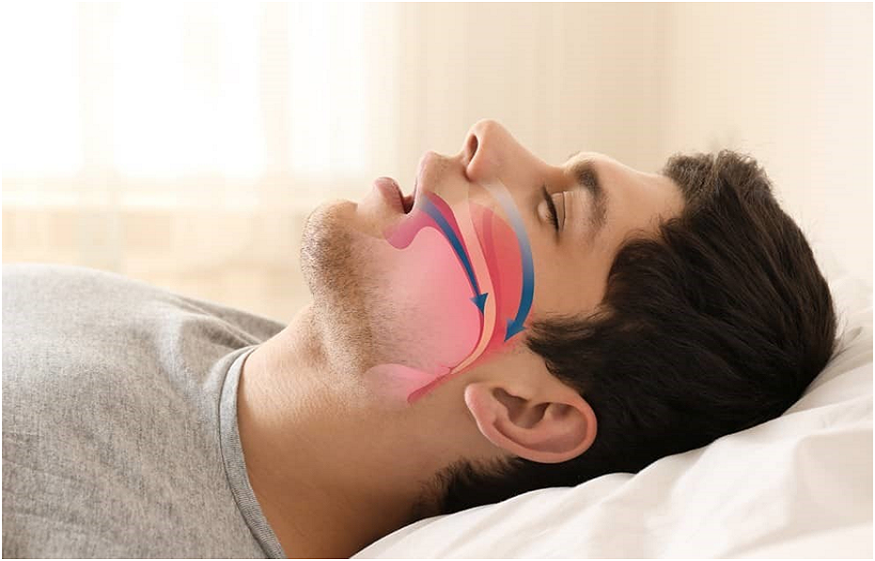Snoring is a common problem that affects many people around the world. It can disturb your sleep and also affect the people around you. When snoring becomes severe, it can lead to other health problems and reduce the quality of your daily life. One solution that many people consider is snoring surgery. This article will explain how snoring surgery can help improve your sleep and overall well-being.
What Causes Snoring?
Snoring happens when the flow of air through your mouth and nose is partially blocked during sleep. This blockage causes the tissues in the throat to vibrate, producing the sound of snoring. Various factors can cause snoring, such as being overweight, having a large tongue or tonsils, nasal problems, or sleeping on your back. Sometimes, snoring is a sign of a more serious condition called sleep apnea, which requires medical attention.
What is Snoring Surgery?
Snoring surgery refers to medical procedures designed to remove or reduce the tissues causing the blockage in your airway. The goal of this surgery is to open up the airway and allow smooth airflow during sleep. There are different types of snoring surgery, and the choice depends on the cause and severity of your snoring. Common procedures include removing excess tissue from the throat, correcting nasal problems, or tightening loose throat muscles.
How Snoring Surgery Improves Your Sleep
One of the main benefits of snoring surgery is better sleep quality. When the airway is clear, you breathe more easily and quietly through the night. This means you are less likely to wake up during sleep, allowing your body to go through all the important sleep stages. Better sleep helps your brain and body rest and repair, leading to more energy and focus during the day. Many people who have snoring surgery report waking up feeling more refreshed and less tired.
Positive Effects on Daily Life
Improving your sleep through snoring surgery does not just help at night. It can also make a big difference in your daily life. When you sleep well, you are more alert, have better memory, and feel happier. You may find it easier to concentrate at work or school and enjoy social activities without feeling exhausted. Good sleep also supports your immune system, making you less likely to get sick.
For those who share a bedroom with a snorer, surgery can reduce the noise and improve their sleep as well. This can help reduce stress and improve relationships, creating a better living environment for everyone.
Who Should Consider Snoring Surgery?
Snoring surgery is usually recommended when other treatments have not worked. These treatments might include lifestyle changes like losing weight, avoiding alcohol before bed, or using devices that help keep the airway open. It is important to talk to a doctor or sleep specialist to find out if snoring surgery is right for you. They will examine your airway and may perform tests to understand the cause of your snoring.
Risks and Recovery
Like any surgery, snoring surgery carries some risks, such as bleeding, infection, or discomfort during healing. However, these risks are generally low, and doctors take many precautions to keep patients safe. Recovery time depends on the type of surgery, but most people can return to normal activities within a few days to weeks. Your doctor will give you instructions on how to care for yourself after surgery to help ensure the best results.
Conclusion
Snoring surgery can be a helpful option for those struggling with loud snoring that affects their sleep and daily life. By improving airflow during sleep, snoring surgery can lead to better rest, more energy, and a happier life. If you or someone you know suffers from snoring, it is worth discussing this option with a healthcare professional. Proper diagnosis and treatment can bring lasting benefits to your health and well-being.


